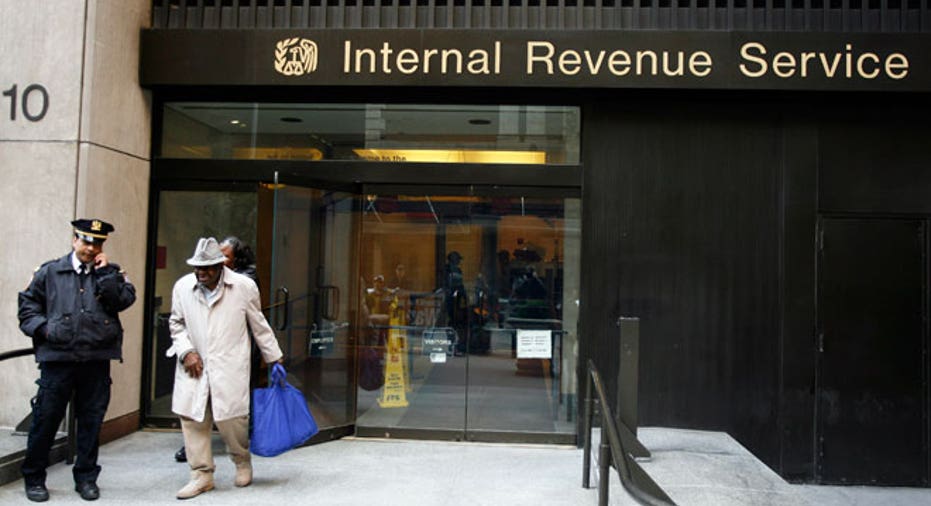Should You File an Offer in Compromise on Payroll Taxes

An offer in compromise is a program devised by the Internal Revenue Service to settle tax liabilities for less than what is owed. Usually it’s an individual taxpayer that seeks relief under this program, but sometimes businesses who owe back payroll taxes can also qualify.
But the process to striking a deal is a lot more difficult for business owners.
The reason for this is twofold. First of all, part of a payroll tax liability is a “trust fund” that represents the withholdings from your employees’ paychecks. This fund was never your company’s money to begin with, so not turning it over to the IRS is seen as something close to theft. You promise to pay employees a certain amount then withhold taxes for their benefit.
Those taxes are supposed to be remitted to the government by a certain due date. When they aren’t, the IRS doesn’t look too kindly on it.
Secondly, your business is an ongoing entity. It has good times and bad times. If you can’t pay right now, the IRS would just as soon sit around and wait for the good times to kick in then attempt collection. Or maybe work out a payment plan. So normally, it will not consider an offer in compromise unless the business is closed down.
However, there is a chance you can get an accepted offer while the business is still open depending on how close the liability is ready to be absolved through the statute of limitations.
The statute of limitations for collection of payroll taxes is 10 years. The statute starts running from the time the payroll tax is assessed, which is the date the payroll tax return is filed. If you file late, the statute starts running late. If your business is in the middle of a downturn with no immediate prospects for a reversal and the bell is about to toll on the statute then the IRS may consider a decent offer. But remember, when the IRS evaluates ability to pay, it looks to the owners as well as to the business.
If you’re beginning to get discouraged about making an offer, know that bankruptcy is not a solution since payroll taxes cannot be discharged through bankruptcy.
The IRS has a set formula to determine how much it will accept in an offer in compromise.
Essentially, the factors are a combination of the equity in assets plus the net disposable monthly income of the business as well as of the owner(s) multiplied by 12 or 24 depending on whether you will pay off immediately or opt for a payment plan.
In order to arrive at a settlement figure, you must complete IRS Form 433-B Collection Information Statement for Businesses for your company and IRS Form 433-A Collection Information Statement for Wage Earners and Self-Employed Individuals. In Section 7, you can calculate the offer amount. But know that what you come up with and what the IRS comes up with can be two different numbers. The IRS uses national standards for various expense categories on the 433-A form and may disallow higher expense amounts listed for housing and utilities, vehicle expense, and household supplies and groceries.
The IRS will consider the value of your retirement plans, accounts receivable, equity in your home and vehicles, value of your business assets: furniture, equipment, and machinery to arrive at an acceptable offer. The figures are arrived at by assigning a “quick sale” value to the assetswhich is discounted from the fair market value.



















